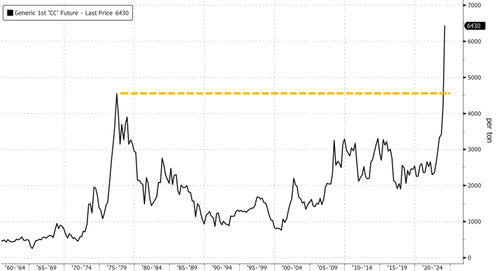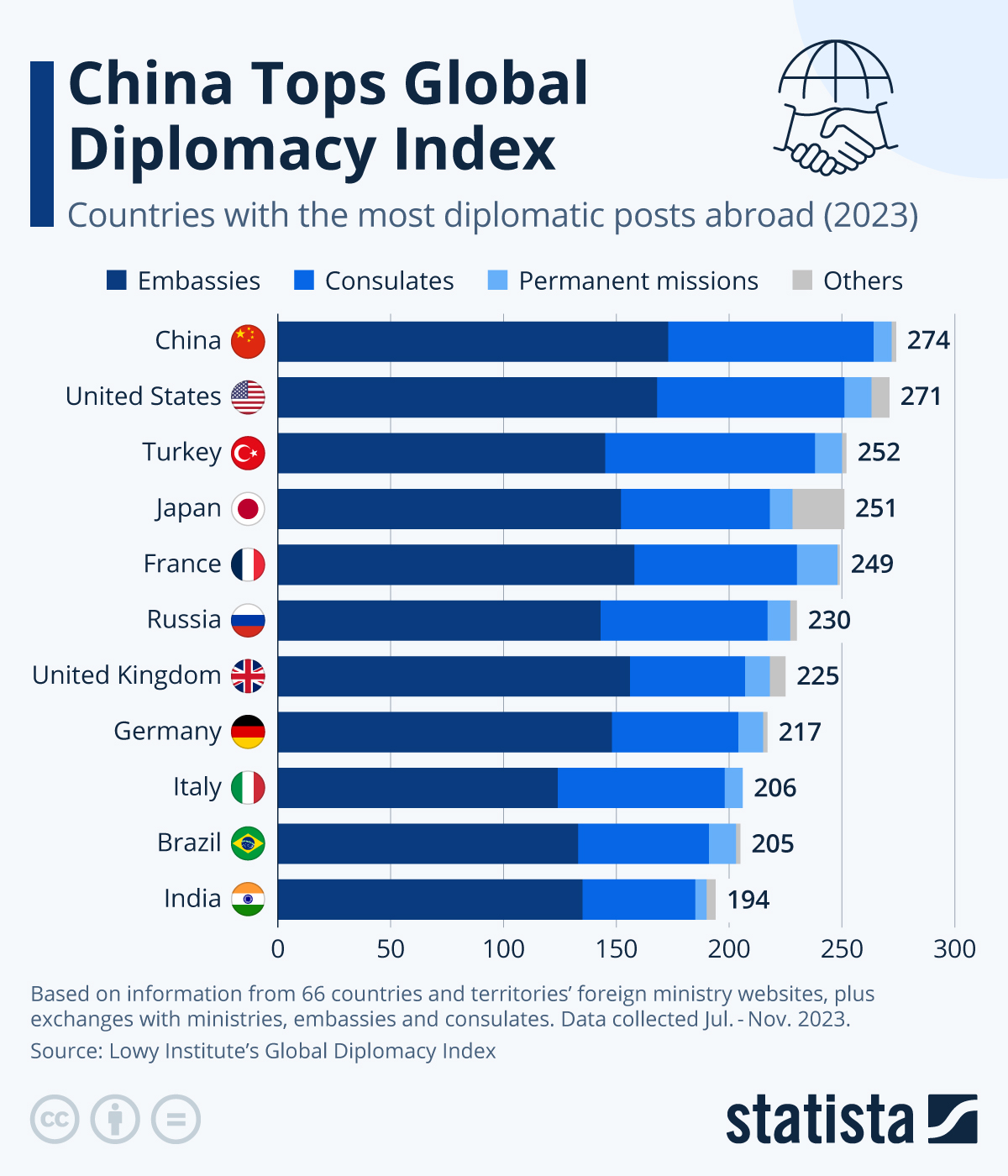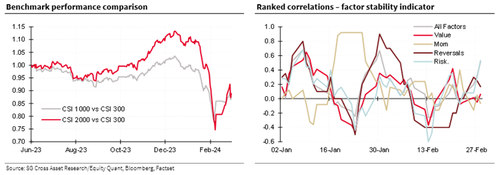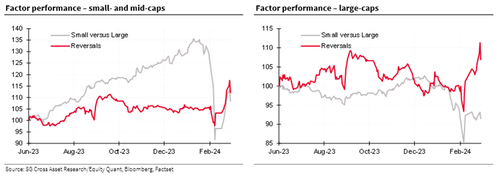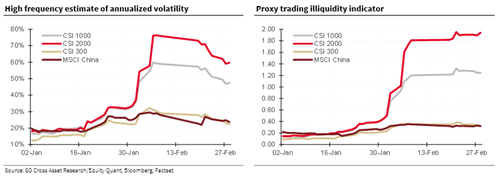Inflation’s Impact: The Penny’s Plunge Into Irrelevance
It’s no surprise to readers of this site that metals are often worth more than fiat currency. Gold, silver, and other precious metals are known for their value. But sometimes fiat currency can’t even compete with zinc.
The US penny, which is primarily made of zinc, costs roughly three cents to produce and is only worth one cent according to the federal government. This is the opposite of what has happened historically. Generally, governments produce currency that is worth far more than the cost of producing it. Imagine printing a one hundred dollar bill which costs far less than a hundred dollars in materials and printing costs. The profit from this is called seigniorage. With pennies, the US government is practicing reverse seigniorage.
This loss of money from producing pennies is one of the arguments for abolishing the US penny. There are other arguments against the penny such as the claim that it’s worth so little compared to the typical American wage that it makes no sense to denominate prices in pennies, would anyone argue that the United States needs a coin worth half a penny?
In fact, the United States used to have a half-cent coin which was abolished in 1857 for being worth too little. A half-cent in 1857 would be worth approximately 18 cents today. That of course is more valuable than not only the penny but the nickel and dime as well.
Of course, there are arguments in favor of retaining the penny. Perhaps the penny is worthwhile as it supports the zinc mining industry and its American employees. Perhaps we should be suspicious of moves by the government to phase out the penny as it might be the first step towards a cashless economy. Or perhaps ditching the penny would cause businesses to round prices up, hurting consumers.
Arguably more interesting than the debate about whether the penny should exist, is considering the political and cultural implications of abolishing the penny.
What would it say if the US government scrapped the penny now? What would it say if it followed the past practice of abolishing the half-cent coin and scrapped the nickel and the dime as well?
It would be an admission by the government that its monetary policies and the Federal Reserve have so devalued currency, that the majority of coins created by the federal government are worth so little they might as well not exist!
The rampant inflation since the start of the Biden inflation is so extreme that it’s impossible to ignore the toll it has inflicted on the American people. But many years when inflation is lower, it’s harder to notice. Coins are part of American culture from slot machines dishing out coins to elementary school students learning to add and subtract with pennies, nickels, and quarters.
When stores stop accepting coins, when banks stop stocking coin rolls, or when the federal government throws in the towel of pennies, will more Americans realize that the rest of fiat currency is following the same path of constant devaluation? People would only have to look through their spare change, their couches, and their pockets to get a visceral reminder of the reality of inflation.
Tyler Durden
Fri, 03/01/2024 – 06:30
via ZeroHedge News https://ift.tt/EAv7C5Y Tyler Durden





